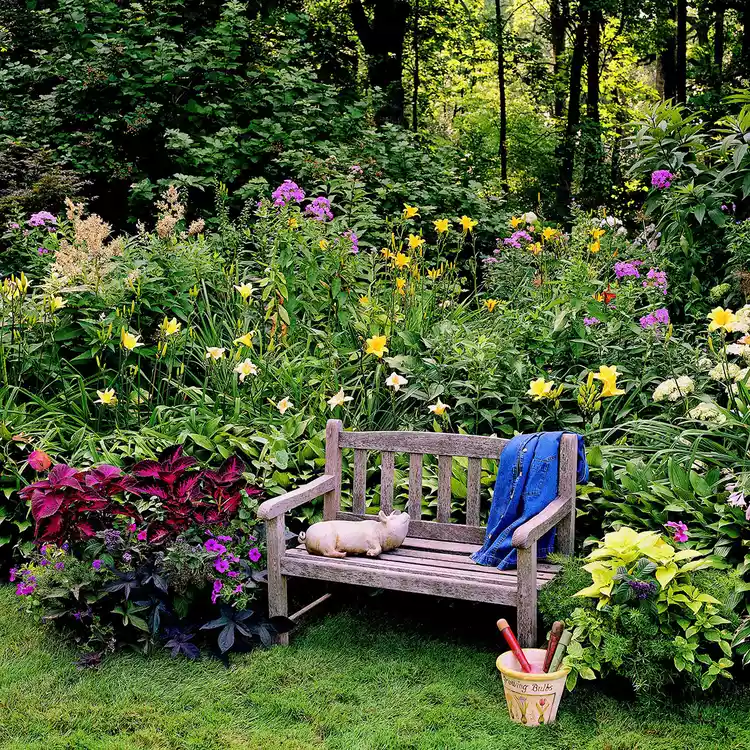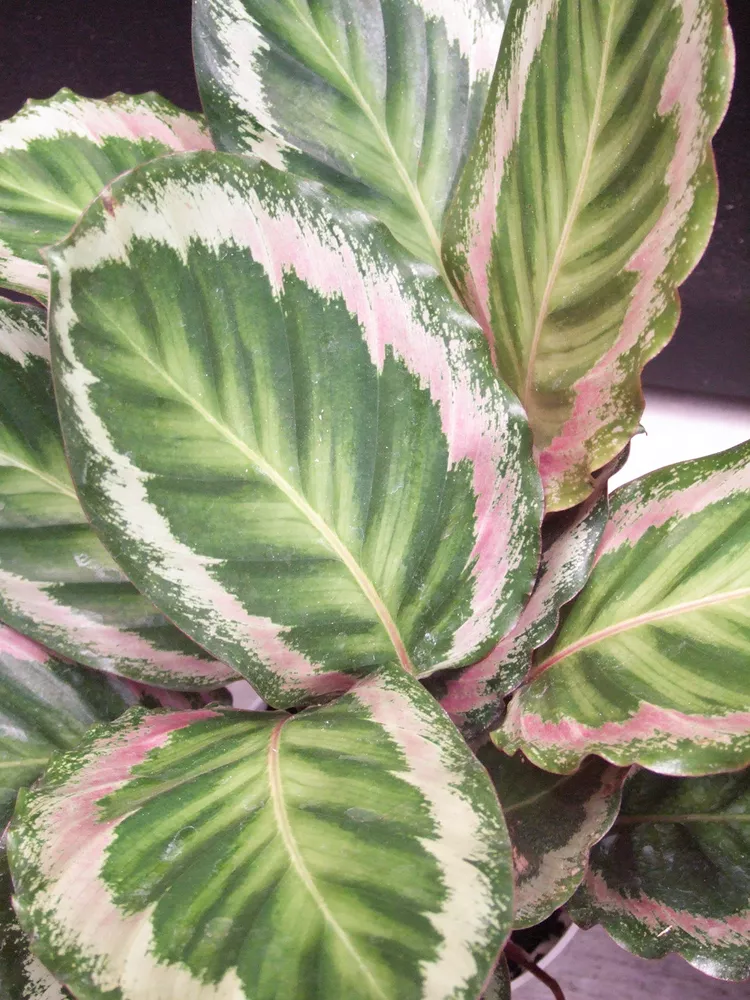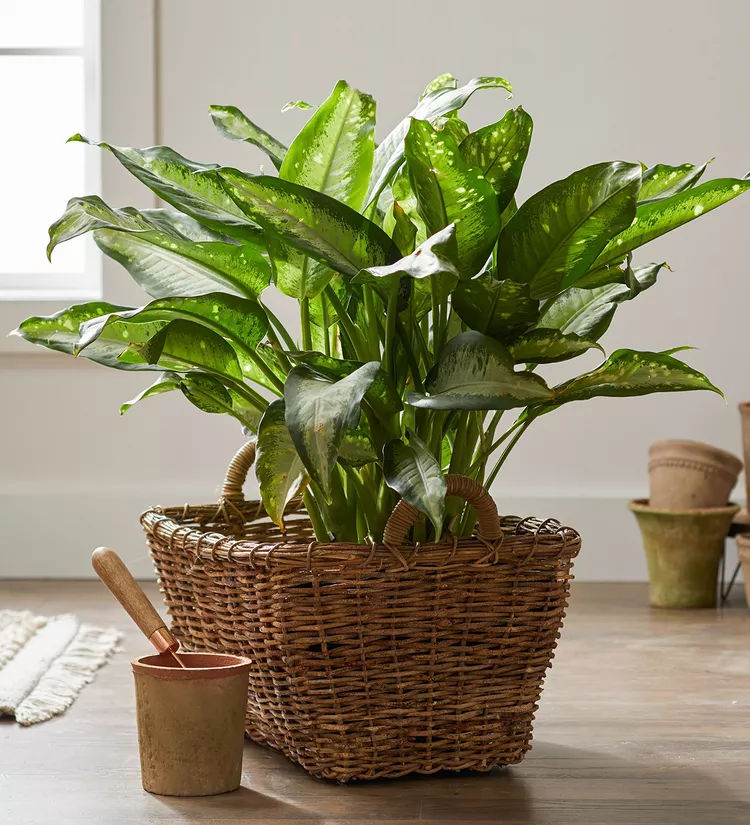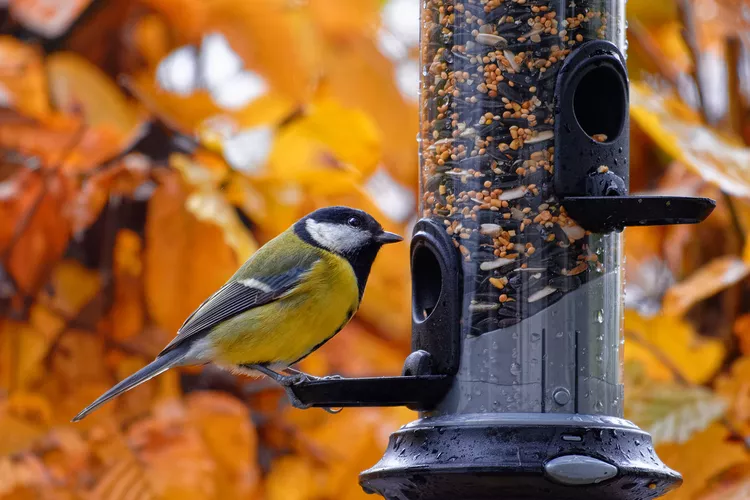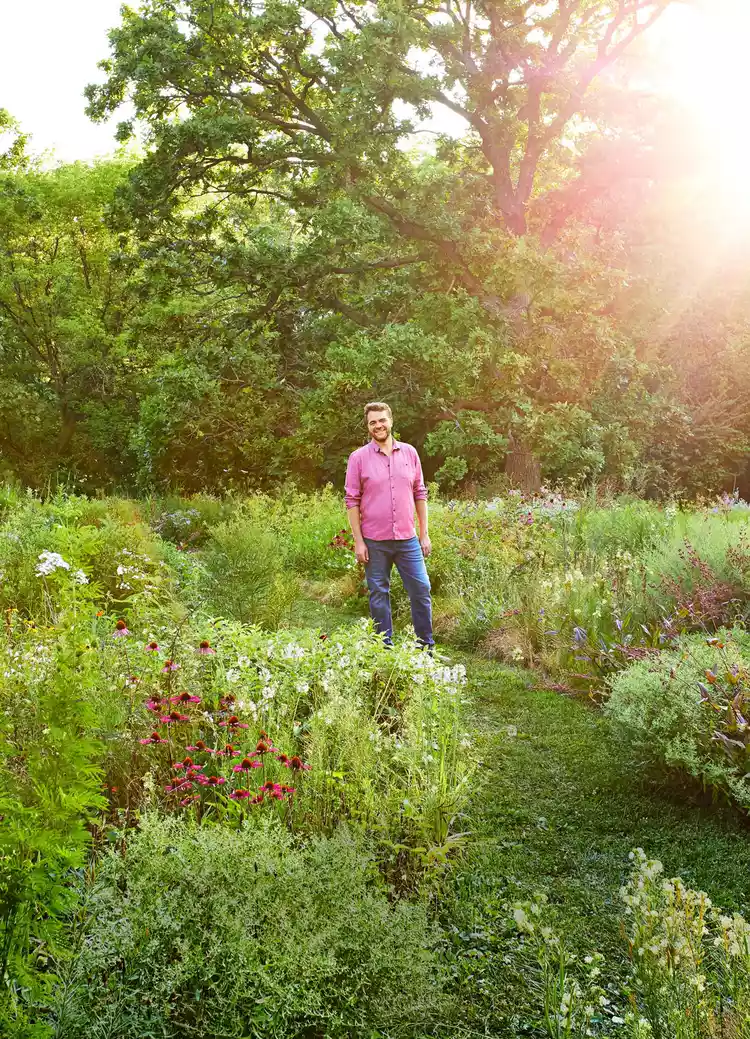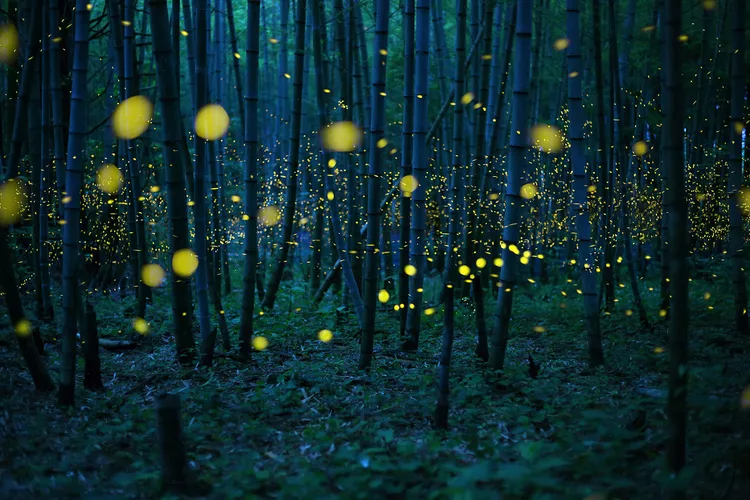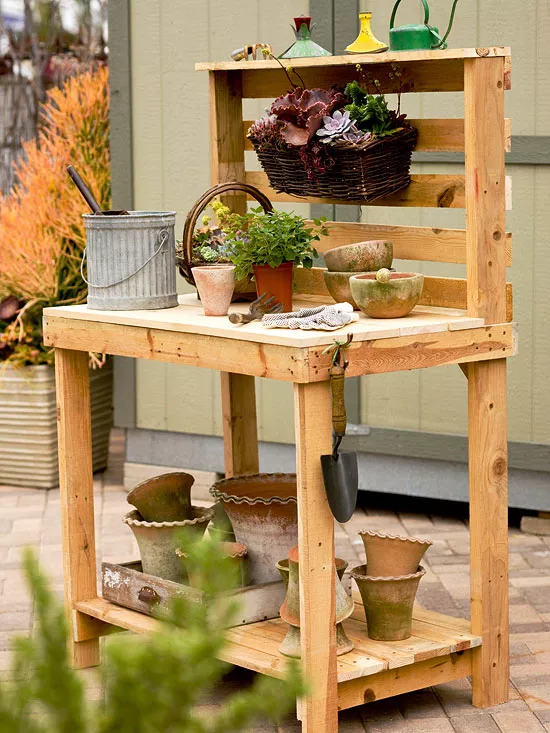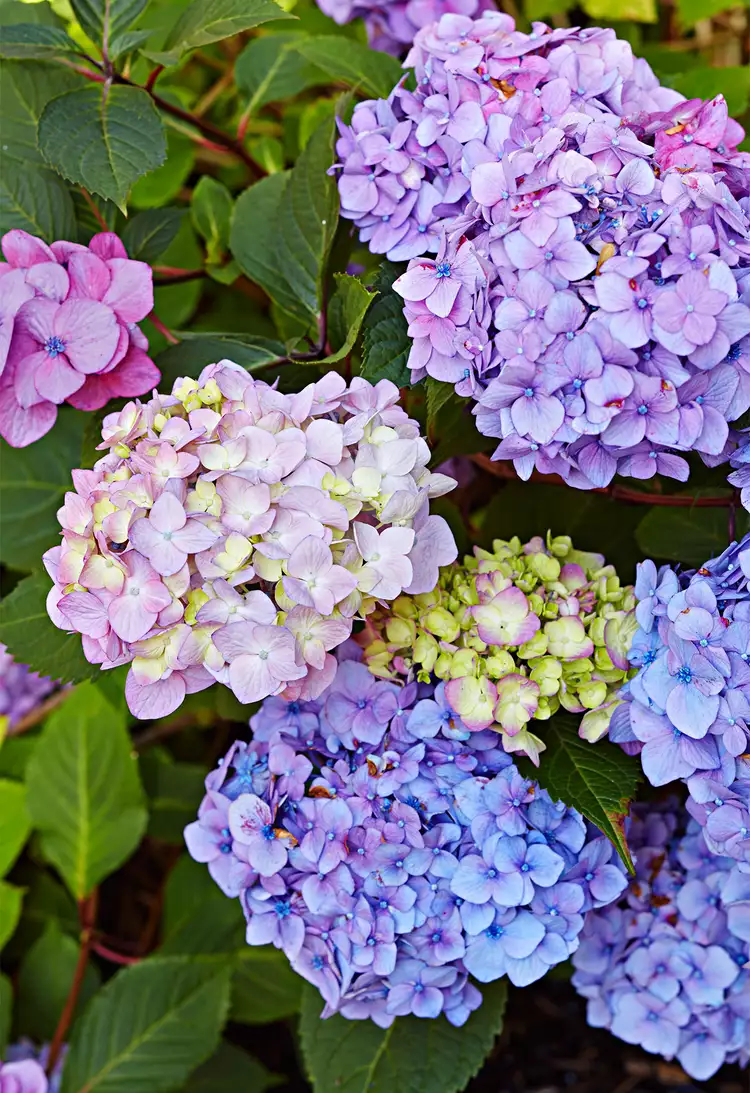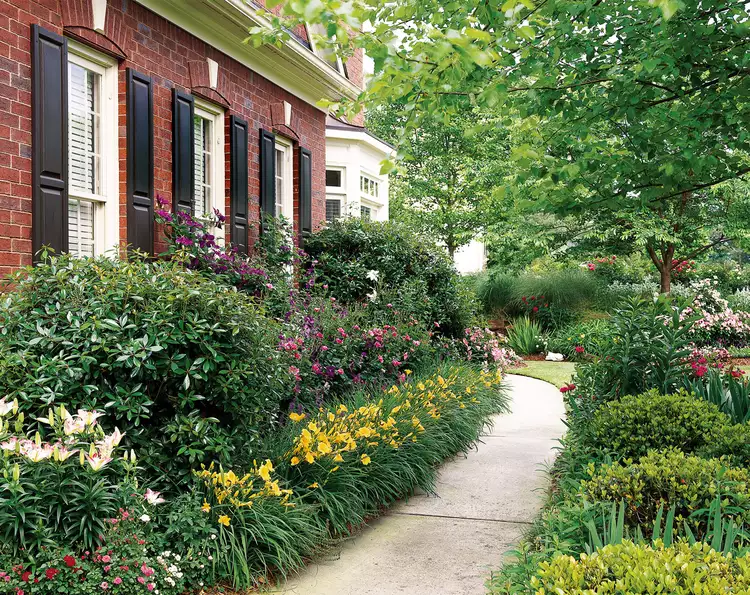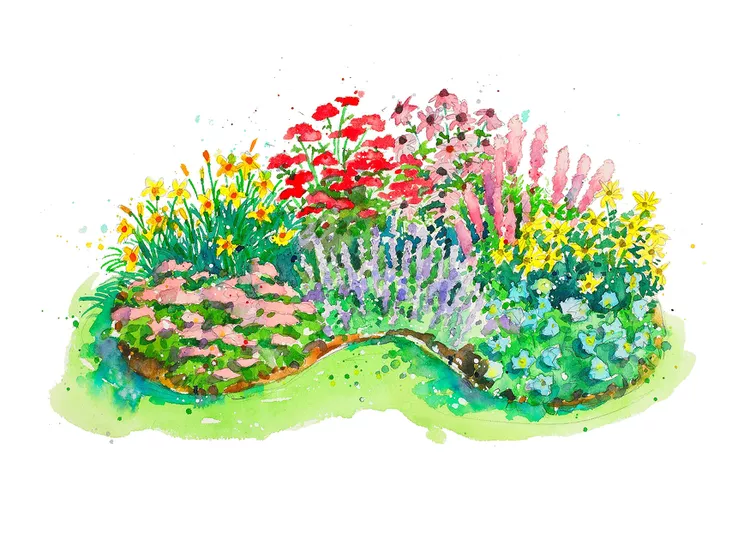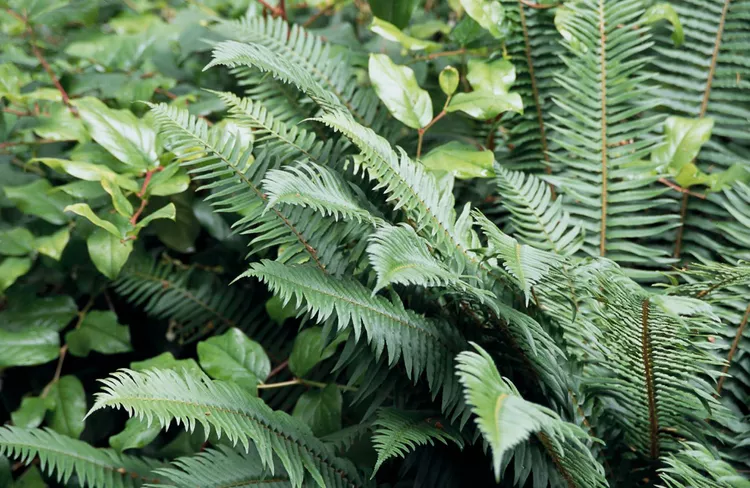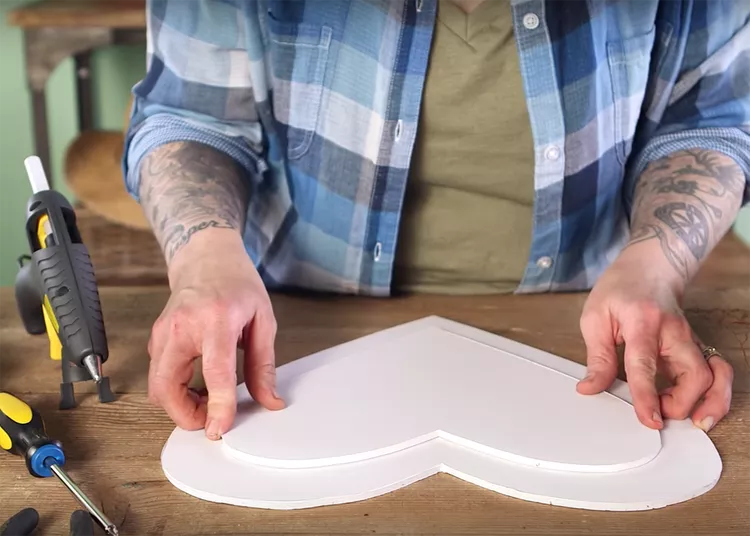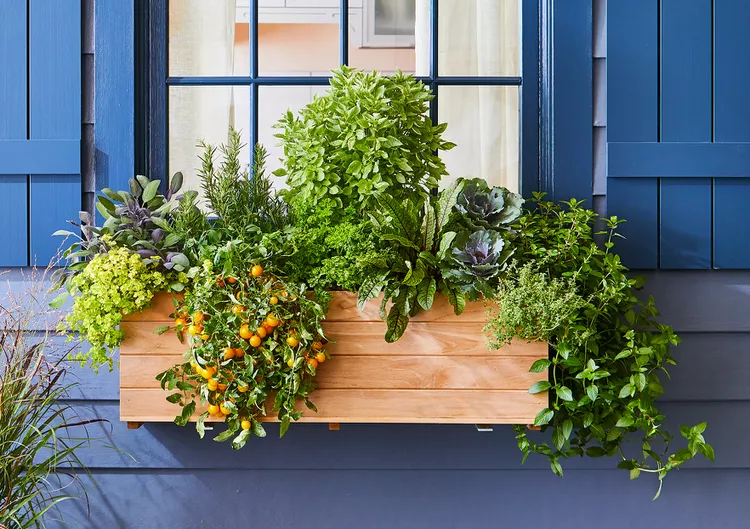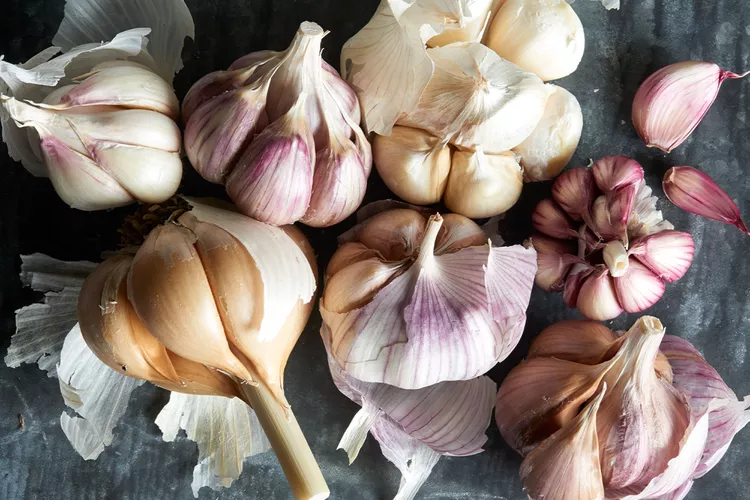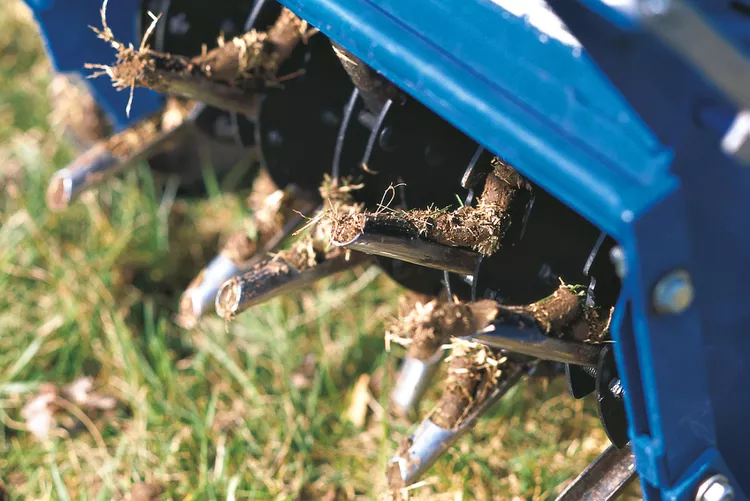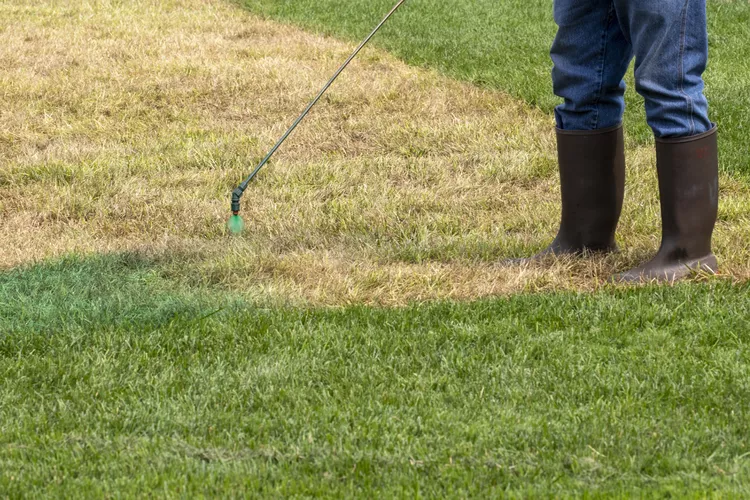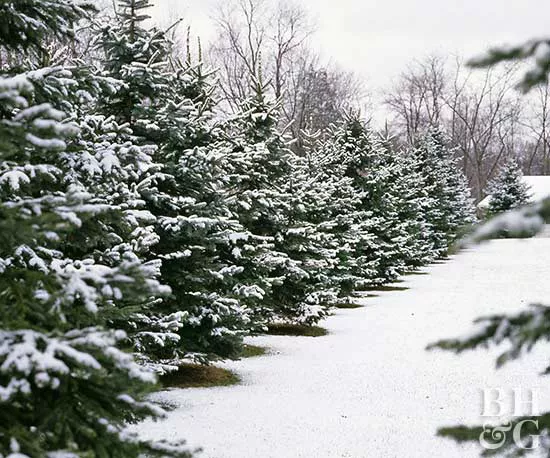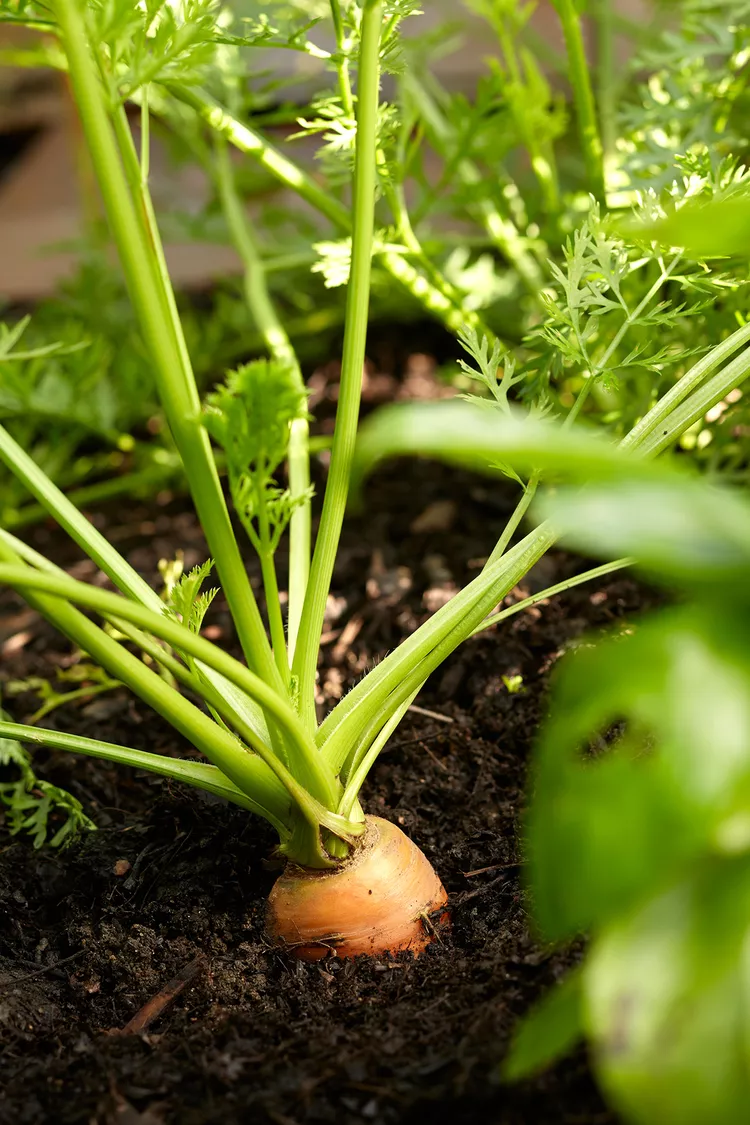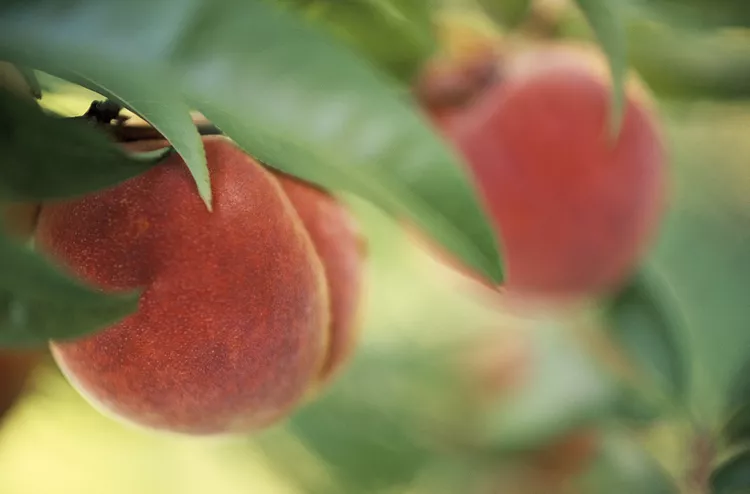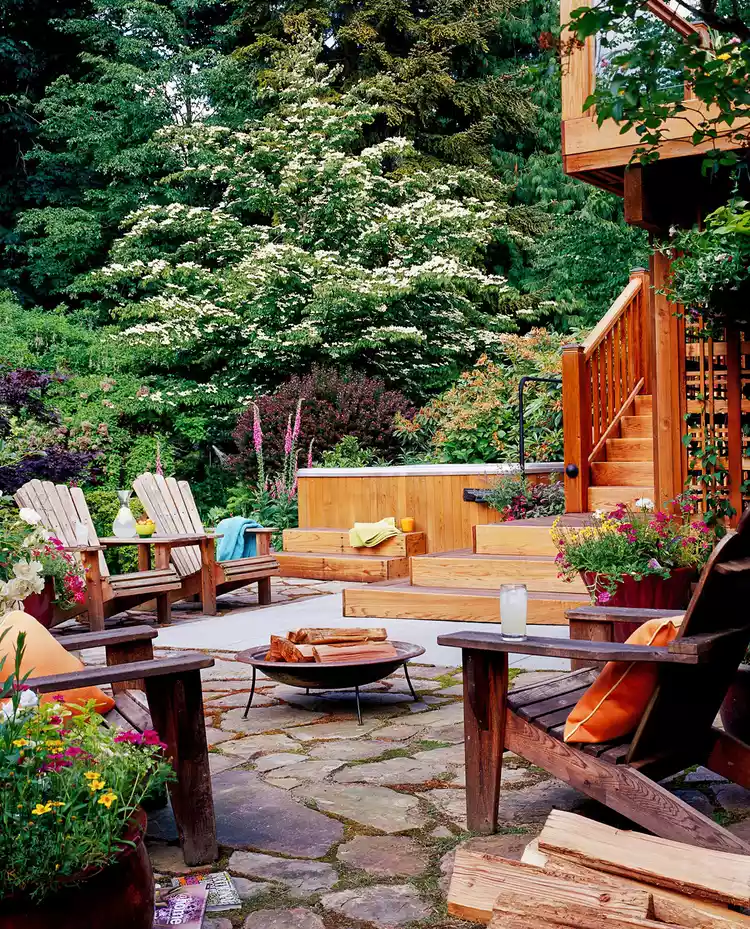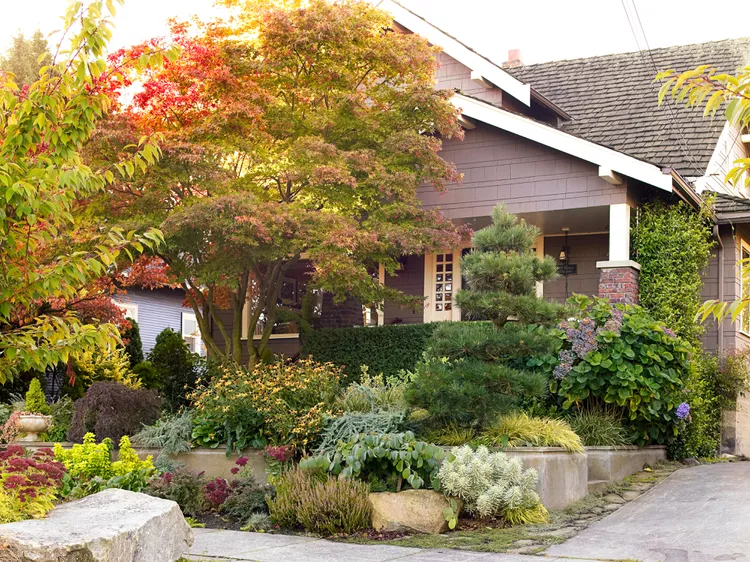Many sun-loving plants will still do well if they are shaded during part of the day, though they may not bloom as profusely as they would in full sun. This garden plan for partial shade uses a mix of these types of plants that can brighten areas under trees and along paths with their colorful flowers and foliage. The design features easy-care, summer-blooming perennials such as daylilies, phlox, and hostas. To keep the color show going all season long, an array of annuals such as coleus and petunias fills in the front of this beautiful border. Then, just add a bench and you'll have a pleasant spot to rest during the shadier times of day.
Plants for Creating the Garden Plan for Partial Shade
- 2 Petunia 'Dekko Pink': Annual
- 2 Heliotrope (Heliotropium arborescens): Annual
- 1 Sweet potato vine (Ipomoea batatas 'Spotlight Black'): Zones 9-11; annual elsewhere
- 4 Coleus 'Main Street': Annual
- 9 Hosta 'Guacamole': Zones 3-8
- 1 Giant fleece flower (Persicaria polymorpha): Zones 3-8
- 5 Daylily (Hemerocallis spp.): Zones 3-10
- 3 Garden phlox (Phlox paniculata 'Flame Purple'): Zones 3-8
- 1 Smooth hydrangea (Hydrangea arborescens): Zones 4-9
- 2 Lantana 'Bandana Gold': Zones 7-11
- 2 Asparagus fern (Asparagus densiflorus): Zones 9-11; annual elsewhere
If you aren't able to find the exact cultivars listed above, substitute with others that have similar colors, shapes, and sizes. And because some plants can become overly aggressive and spread out of control in certain climates, always check which species are considered invasive in your area before planting.
Get the Free Garden Plan for Partial Shade
This free garden plan is available as a printable PDF that includes an illustrated version of the planted garden, a layout diagram, a list of plants for the garden as shown, and complete instructions for installing the garden.
Tips for Planting Your New Garden
Preparation is the key to creating a garden that will offer a lifetime of pleasure. Before you start plant shopping, review all garden plan materials. Then, ask yourself the following questions:
Do I have a suitable spot for this plan?
The layout diagram shows the rough dimensions for the plan. In general, you can enlarge or reduce the size of the garden by adding or eliminating plants, although the character of the garden may change if you alter the size dramatically.
Do I have the right growing conditions?
Check the plant list to see if the plan will do best in sun, part shade, or full shade. Be sure that the plants are suited to your USDA Hardiness Zone.
Do I need to amend my soil?
Most plants thrive in moist, but well-drained soil. If you have soil with lots of sand or clay, amend it liberally with lots of organic matter, such as compost. You may also want to do a soil test to see if you need to adjust the soil pH or add fertilizer before planting.
